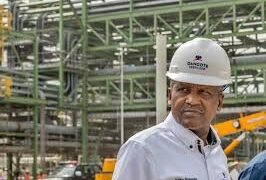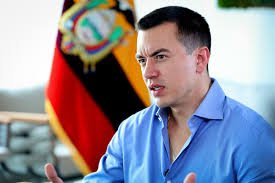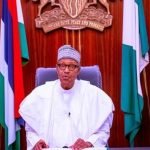In a landmark decision shaking up Ecuador’s economic landscape, President Daniel Noboa announced the end of the country’s diesel subsidy — a benefit that has been in place since 1974.
The move, formalized under Executive Decree No. 126, raises the diesel price for the automotive sector from USD 1.80 to USD 2.80 per gallon starting September 13, 2025.
The decision was communicated via a coordinated video featuring four government ministers, signaling the administration’s unified commitment to fiscal reform. The diesel subsidy, which costs the government approximately USD 1.1 billion annually, is now being eliminated as part of a broader plan to redirect funds toward social and productive initiatives.
Minister of Economy and Finance, Sariha Moya, explained that the subsidy had long been plagued by inefficiencies and misuse, with significant portions lost to smuggling and other illicit activities. “This reform is about redirecting resources to where they are truly needed,” she said.
The diesel price increase will be fixed until December 11, 2025. Afterward, a price stabilization mechanism — similar to those used for Extra and Ecopaís gasoline — will adjust prices within set bands tied to international market fluctuations.
To cushion the impact, the government unveiled several compensation measures. Transport Minister Roberto Luque assured the public that bus fares will not increase. Instead, around 23,300 public transport drivers will receive monthly bonuses ranging from USD 400 to USD 1,000 for eight months, representing an investment of USD 220 million.
Agriculture Minister Danilo Palacios announced the creation of the “Bono Raíces” program, providing 100,000 small farmers with direct payments of USD 1,000 each, alongside the distribution of 1,200 tractors and 600 outboard motors for artisanal fishermen. The government is also injecting USD 100 million in low-interest loans to the agricultural sector.
Social benefits will also expand, with 55,000 new families receiving the Human Development Bonus starting October 1, and VAT refunds targeted at 115,000 senior citizens and the construction sector.
Despite previous failed attempts to remove fuel subsidies, Noboa’s administration emphasizes the comprehensive compensation plan and transparent communication as key to gaining public support.

Administrator and Writer
























































